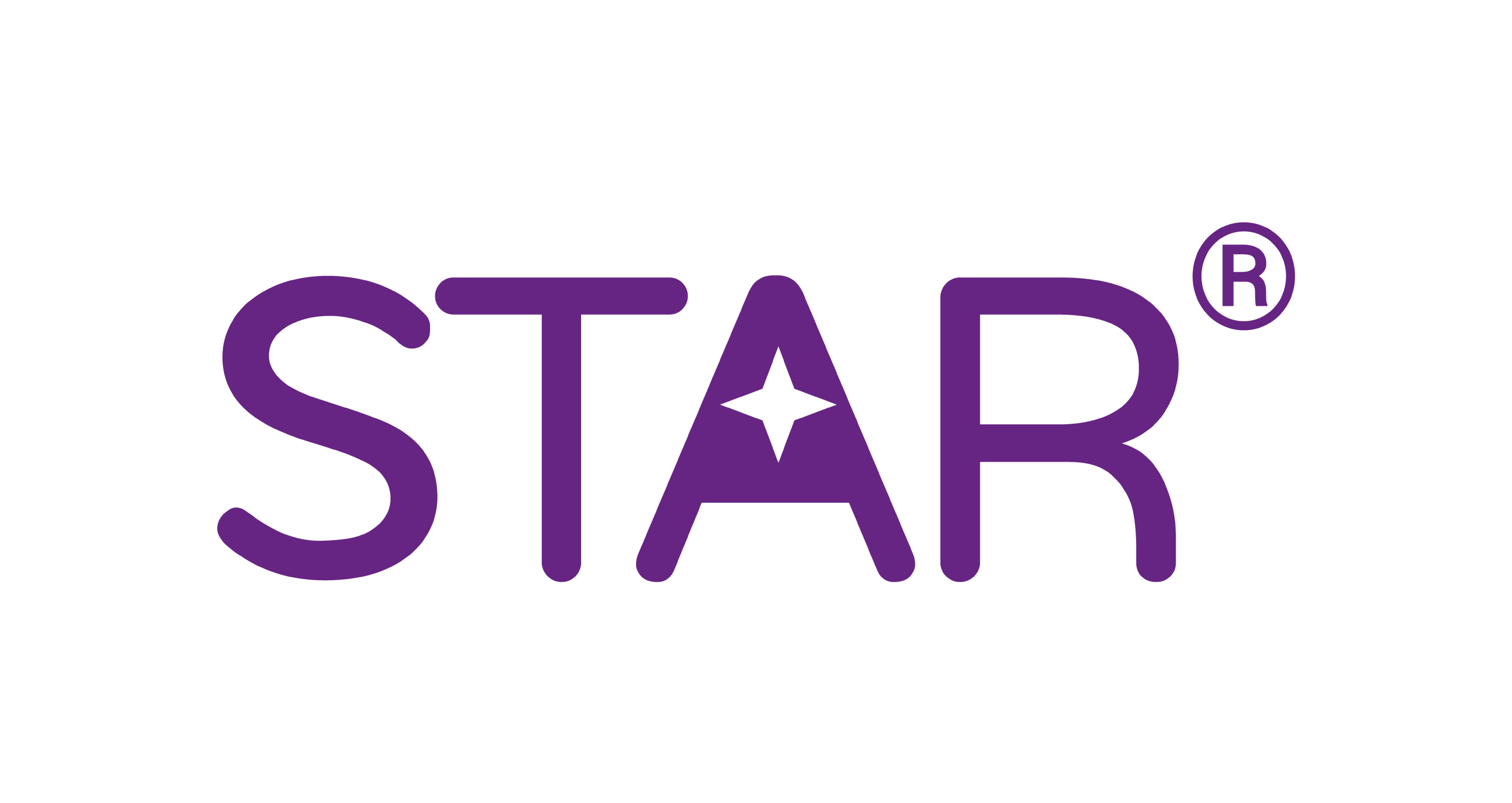
The pandemic has had a major impact on the healthcare sector which has had to deal with major change and disruption under immense pressure. With millions of covid patients being treated across the last two years the knock-on effect on non-covid care has left us with a backlog of over 5 million people waiting for tests, surgery and routine treatment in England alone. This is predicted to grow to up to 13 million over the coming years. Already exhausted and with these pressures in front of them, staff in health and social care have been left feeling overwhelmed, stressed and burned out. In fact, a recent survey of 710 nurses published by McKinsey in March showed that not feeling listened to or supported was one of the top 3 reasons why nurses will leave direct patient care in the next year. So given the size of the problem, what can healthcare leaders do to best support staff wellbeing?
The stakes are high
The NHS is facing a staffing crisis with very high levels of vacancies, sickness absence, staff turnover, intolerable workloads, stress and overwhelm which left unaddressed could have devastating consequences for both staff and patient health.
More staff would certainly help to release some of the pressure. In the Government’s Build Back Better report, there is a commitment to recruit a further 50,000 nurses, build 40 new hospitals and create 50 million more GP appointments. But this won’t happen overnight. Actions must be taken now to improve the lived experience of those working on the front line to avoid further burnout and fall-out.
Leading a beleaguered workforce
Improving staff wellbeing is clearly a priority for leaders across the sector, and in the absence of increased resources and funding, one small shift in the way leaders and managers engage with staff could be the missing link that changes everything.
NHS staff are already highly motivated to do the best they can for their patients and they already have the medical skills and training they need to do their jobs.
What they perhaps need above all, is to operate in a culture that listens to them, understands them, and hears their ideas for change which come directly from their experience of being on the frontline.

Many leaders, inside and outside of the sector, haven’t had the opportunity to develop the skills to do this effectively. Quite rightly, talented doctors and nurses progress through the ranks based primarily on their clinical competency. They are exceptional clinicians, but they may not have had the time to develop into exceptional people leaders. It’s in this space where there is an exciting opportunity for leaders to leverage the dedication of their teams and change how their staff feel about being at work, how they deal with the pressures they’re facing, and how able they are to make a difference when all seems lost.
Traditional management practices are letting the side down
The traditional command and control approach to leadership and management stifles communication, yet it is still commonly used by managers throughout every sector. A Notion poll showed that 79% of leaders would describe their organisations as still having mostly a command and control approach. But telling staff what to do disengages them from what they’re doing and prevents them from contributing the value they’re capable of giving. It closes the door on new ideas, new thinking and critical feedback and reduces the congruence between why they’re working and what they’re actually doing, raising the question “what’s the point?” In the healthcare sector, such diminished feelings of purpose could be even more detrimental to overall staff satisfaction than in other sectors.
Time for a new approach to management
What’s required is a shift in management behaviour from telling to asking. It might sound simple but it really makes a difference. Staff need to feel listened to, they need to feel resourceful, capable and trusted. A command and control approach won’t do, in fact, it will create more problems than it solves. Managers working in the healthcare sector could really benefit from adopting new management practices that break down the hierarchical approach they’ve become accustomed to and open up a virtuous cycle of feedback and action which will help them engage with their staff and drive better outcomes for them. Incorporating high levels of enquiry into everyday interactions is a really good way to encourage this. Operational CoachingTM is a style of leadership that incorporates what Notion describes as an Enquiry-Led Approach (ELA®). By increasing the frequency and quality of the questions they ask, managers quite quickly begin to see what their staff really have to offer. When staff start to feel like they are able to contribute the best of themselves they are more likely to experience higher levels of confidence, morale and overall well being. It’s this constant application of coaching behaviours that could help managers in the sector to give their staff the right sort of support when they need it most even in the most challenging of situations.
In this example, a healthcare worker shows how by using this approach, and specifically engaging effective listening and powerful questions, they were able to resolve a conflict situation and generate a much better outcome:

Yawn, not another management model
Many leaders working in health are under enormous pressure and would be forgiven for being a little sceptical about yet another management model. Let’s face it, most management models describe a leadership philosophy, i.e. the what. They don’t really explain how you actually do it in practice. Operational CoachingTM offers managers something new because it’s very much more about how managers can quickly and easily implement changes in their everyday behaviour. Using the simple 4-step STAR® model, leaders and managers learn how to adopt an Operational CoachingTM approach and make lasting changes to the way they interact with others. But does it work?
Operational CoachingTM has been scientifically proven to get results
A Government-commissioned cross-sector study independently evaluated by the London School of Economics monitored the impact of Operational CoachingTM on organisations.
The six-month study, which included 62 organisations in 14 sectors (including healthcare), studied one group of organisations that had given their managers access to the multi-award-winning STAR® Manager training programme in order to develop an Operational CoachingTM approach, and a control group that did not have access to the training.
The six-month study, already underway when the pandemic hit, proved that the group which had access to STAR® Manager spent more time coaching and leading (+70%) and less time ‘doing’ as their teams stepped up and were empowered to contribute more.
The organisations with access to the training improved their retention by a factor of 6, employed more people (but needed fewer managers) and had faster growth (measured by gross asset value). The participants also increased their management capability in all nine areas measured and delivered an average learner ROI of 74 times the programme investment (including all built-up costs).
What’s particularly interesting for healthcare organisations is that the programme that was used in this study is just as easy to implement for one thousand managers as it is for one manager. The virtual nature of the programme also means that there are no course dates to wait for or diaries to coordinate; learners can get started immediately and progress through their programme according to their own schedules. It is easy to fit around 24/7 shift patterns, without requiring any downtime, making it easily scalable across trusts.
So what does all of this mean for well-being in the sector?
The study showed with statistical significance that the implementation of the STAR® Manager programme increased the time managers spent coaching by 70% and delivered a range of positive growth trends that the healthcare sector could really benefit from.
One of the healthcare organisations participating in the study experienced early results from implementing STAR® in terms of enhanced working relationships, diffused frustrations and improved working environments. In just one example an innovative idea generated £100k and cost savings were also reported of around £50k. This healthcare worker reported how using the skills they’d learned on the programme not only improved teamwork but also helped them to prioritise patients and provide a better patient experience:





